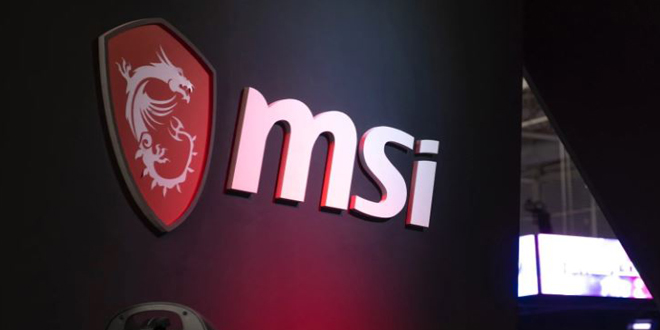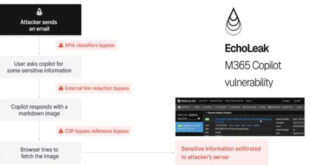A new statement(Opens in a new window) from MSI says users should avoid downloading firmware and BIOS updates from third-party sources, and instead only obtain such software from the company’s official website.
The statement suggests MSI is worried hackers could circulate malicious versions of the company’s BIOS software when the ransomware gang, Money Message, claims it stole the PC maker’s source code.
By infosecbulletin
/ Monday , June 23 2025
A hacking group reportedly linked to Russian government has been discovered using a new phishing method that bypasses two-factor authentication...
Read More
By infosecbulletin
/ Wednesday , June 18 2025
Russian cybersecurity experts discovered the first local data theft attacks using a modified version of legitimate near field communication (NFC)...
Read More
By infosecbulletin
/ Tuesday , June 17 2025
Cybersecurity researcher Jeremiah Fowler discovered an unsecured database with 170,360 records belonging to a real estate company. It contained personal...
Read More
By infosecbulletin
/ Tuesday , June 17 2025
GreyNoise found attempts to exploit CVE-2023-28771, a vulnerability in Zyxel's IKE affecting UDP port 500. The attack centers around CVE-2023-28771,...
Read More
By infosecbulletin
/ Tuesday , June 17 2025
The U.S. Cybersecurity and Infrastructure Security Agency (CISA) has recently included two high-risk vulnerabilities in its Known Exploited Vulnerabilities (KEV)...
Read More
By infosecbulletin
/ Monday , June 16 2025
SafetyDetectives’ Cybersecurity Team discovered a public post on a clear web forum in which a threat actor claimed to have...
Read More
By infosecbulletin
/ Sunday , June 15 2025
WestJet, Canada's second-largest airline, is looking into a cyberattack that has affected some internal systems during its response to the...
Read More
By infosecbulletin
/ Saturday , June 14 2025
Resecurity found 7.4 million records of Paraguayan citizens' personal information leaked on the dark web today. Last week, cybercriminals attempted...
Read More
By infosecbulletin
/ Friday , June 13 2025
HashiCorp has revealed a critical vulnerability in its Nomad tool that may let attackers gain higher privileges by misusing the...
Read More
By infosecbulletin
/ Friday , June 13 2025
SoftBank has disclosed that personal information of more than 137,000 mobile subscribers—covering names, addresses, and phone numbers—might have been leaked...
Read More
Original story:
MSI has confirmed it suffered a data breach after a ransomware gang claimed it stole files from the PC maker. The company published a Taiwanese stock exchange filing(Opens in a new window) about experiencing a “cyber attack,” although the company is thin on details.
“After detecting some information systems being attacked by hackers, MSI’s IT department has initiated information security defense mechanism and recovery procedures,” the PC maker said. The company also reported the incident to authorities.

(Credit: MOPS)
MSI didn’t immediately respond to a request for comment, making it unclear whether customer data is affected. But in the stock exchange filing, the PC maker says it anticipates the breach having “no significant impact” on its financials or operations.
A new
ransomware group called Money Message claims it breached the PC maker to steal the company’s source code, including the framework for the
BIOS used in MSI products.

The leak site for the ransomware group Money Message.
Money Message posted screenshots of the stolen files on the group’s dark web site. The ransomware gang is demanding MSI pay $4 million or else it’ll leak the stolen data next week, according(Opens in a new window) to BleepingComputer, citing chats Money Message made with a victim representative.
Money Message seems to have only emerged last month. The group has targeted Windows and Linux computers and will try to encrypt
shared network resources,
according(Opens in a new window) to cybersecurity firm Cyble. The company also uncovered evidence Money Message will first try to identify and steal the admin credentials for an IT network before spreading their ransomware attacks.
As for MSI, the PC maker says in the stock exchange filing that it’s working to bolster its cybersecurity for company systems.


 InfoSecBulletin Cybersecurity for mankind
InfoSecBulletin Cybersecurity for mankind














